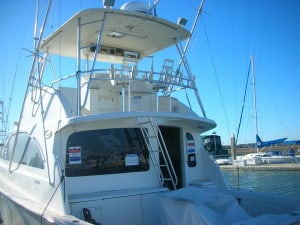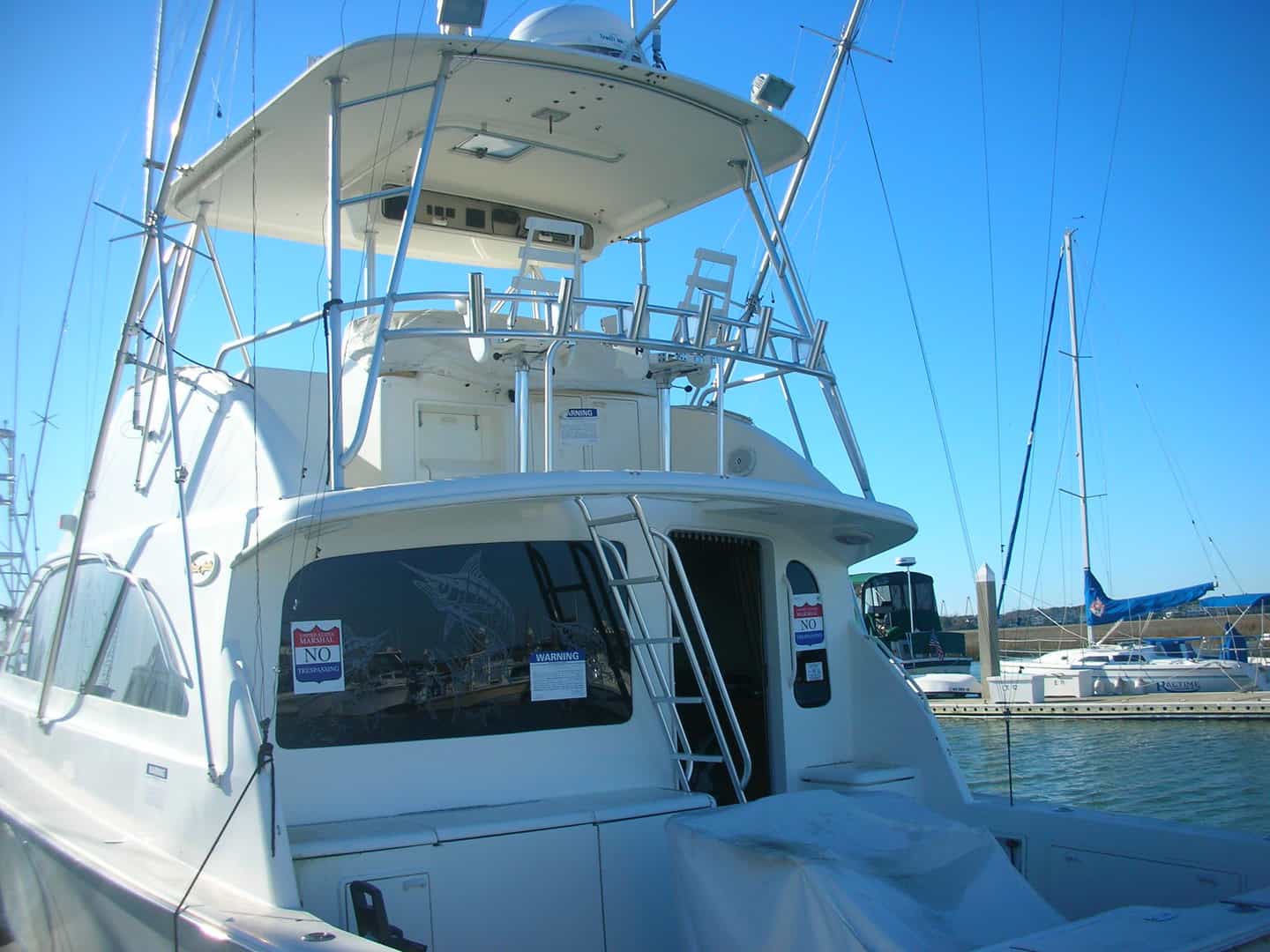Good morning to Captain and crew alike and welcome to the Admiralty Docket. Today our subject is maritime liens.

VESSEL ARRESTED BY THE UNITED STATES MARSHALS SERVICE
Maritime liens are unique and differ in many respects from the landside liens of which most are at least somewhat familiar. The peculiarities associated with maritime liens should make general knowledge of them of interest to all current and
prospective vessel owners.
Maritime liens are privileged claims which arise as a matter of law (which, it should be noted, can vary from nation to nation) to encumber vessels and other maritime property for wages owed crewmembers, for necessaries provided to vessels, for salvage services received, for fault in a collision, for personal injury or property damage, for towage, for preferred ship mortgages, breach of a wide variety of maritime contracts including charter parties, wharfage, and pilotage, for duties owed by a vessel to her cargo, and for bottomry and respondentia.
Unlike most landside liens, maritime liens are often secret, there being no requirement for recording with the exception of Preferred Ship Mortgage recording. Liens may, however, be recorded to give notice of a claim by filing a Notice of Claim of Lien with the
National Vessel Documentation Center. It is important to note, however, that timely enforcement of lien claims in admiralty is essential. The general rule for lien priority in admiralty is “last in time, first in right”, and those who delay enforcement risk losing priority to other claimants.
In many jurisdictions, including the United States, a maritime lien gives the holder a right in the maritime property accompanied by an
in rem enforcement right (in the United States – seizure of the property by the United States Marshal) against the property itself in addition to rights of action against the property owner. A few maritime nations do not recognize an
in rem right against the property itself, but most if not all still allow arrest or attachment of the property in support of a claim to enforce a maritime lien.
Notably, maritime liens are not extinguished by sale of the property to a bona fide purchaser for value who has no knowledge of the lien’s existence unless the sale is pursuant to in rem process.
The above are just a few of the many reasons that is important for vessel owners and prospective vessel owners to consult with an experienced maritime attorney if questions regarding the existence or enforcement of lien claims arise.
More next week on the Admiralty Docket. Until then remember that your rights and responsibilities may change as you approach the shore, and may God Almighty grant you pleasant sailing.

